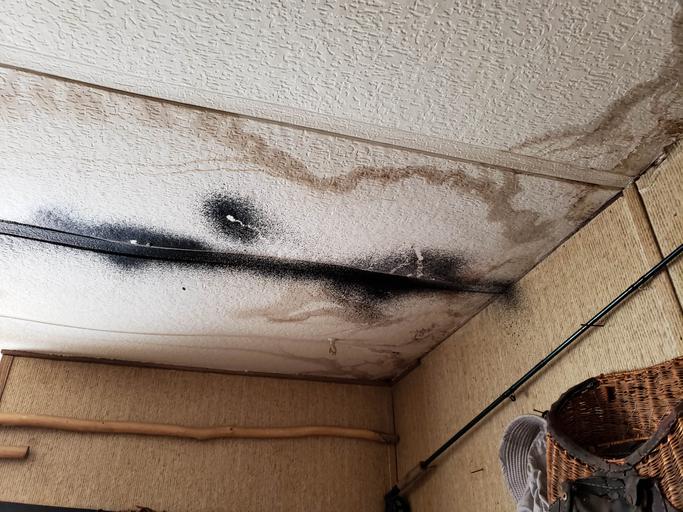How Long Does a Landlord Have to Fix Water Damage?
December 13, 2023
Understanding the Timelines for Repairs
Water damage in a rental property can be a nightmare for both tenants and landlords. Whether it's a burst pipe, roof leak, or flooding, quick action is essential to prevent further damage and maintain the habitability of the property. But how long does a landlord have to fix water damage? In this guide, we'll explore the legal requirements, common timelines, and best practices for addressing water damage in rental properties.
Legal Obligations
As a trusted restoration company, we want you to know that landlords have a legal obligation to maintain a safe and habitable living environment for their tenants. This includes ensuring that the property is free from significant water damage. While the specific laws and regulations may vary by state and locality, there are some general guidelines that apply in most cases:
- Prompt Action: Landlords should take immediate action to address water damage and make the necessary repairs to prevent further damage or safety hazards.
- Timely Communication: Landlords should communicate with tenants about the issue, the timeline for repairs, and any temporary relocations if necessary.
- Reasonable Timeframes: While the law doesn't always specify a precise number of days to complete repairs, landlords are generally expected to make reasonable efforts to resolve the issue promptly.
Common Timelines For Water Damage
The timeframe for addressing water damage can vary depending on several factors, including the severity of the damage, local regulations, and the landlord's responsiveness. Here are some common repair timelines:
Emergency Repairs: For situations that pose an immediate threat to health and safety (e.g., a burst pipe or major flooding), landlords are expected to respond within hours to prevent further damage or safety risks.
Non-Emergency Repairs: For less urgent issues (e.g., minor leaks or cosmetic damage), repairs should typically be initiated within a few days or as agreed upon by both parties.
Temporary Relocation: In cases where extensive repairs are needed, landlords may need to provide temporary accommodation for tenants until the property is safe and habitable again.
Compliance with Local Laws: Some areas may have specific regulations that dictate repair timelines. Landlords must adhere to these rules to avoid legal consequences.
Best Practices
To ensure a smooth resolution to water damage issues in rental properties, both landlords and tenants can follow these best practices:
- Immediate Reporting: Tenants should report water damage to landlords as soon as it is discovered. Quick communication is key to preventing further damage.
- Document Everything: Both landlords and tenants should document the damage, including photographs and written descriptions, and keep copies of all communication related to the issue.
- Prompt Response: Landlords should respond promptly and take necessary steps to mitigate the damage. They should also communicate the timeline for repairs clearly.
- Clear Communication: Tenants and landlords should maintain open and clear communication throughout the repair process. This includes discussing temporary relocation if required.
Contact Us For Water Damage Restoration Today!
At DRYMedic Restoration Services, we recognize that specific timelines for repairing water damage in rental properties can vary, but landlords have a legal obligation to address issues promptly and make reasonable efforts to ensure the safety and habitability of the property. Tenants should report damage immediately, and both parties should communicate and document the process thoroughly.
If you're dealing with water damage in your rental property and have concerns about the repair timeline, it's advisable to consult with professionals like DRYMedic Restoration Services. As a trusted restoration company, we can provide guidance and assistance to help resolve the issue efficiently and ensure the property is safe and habitable once again.
